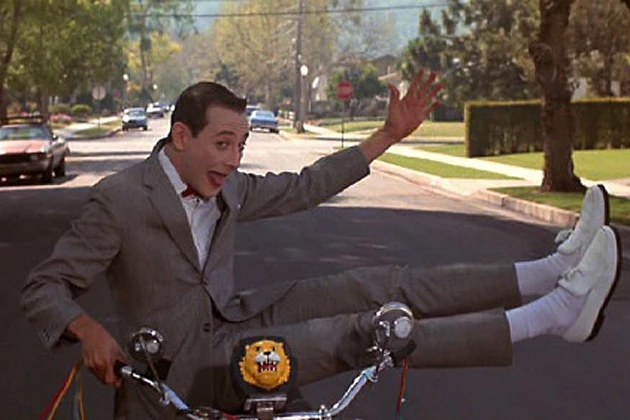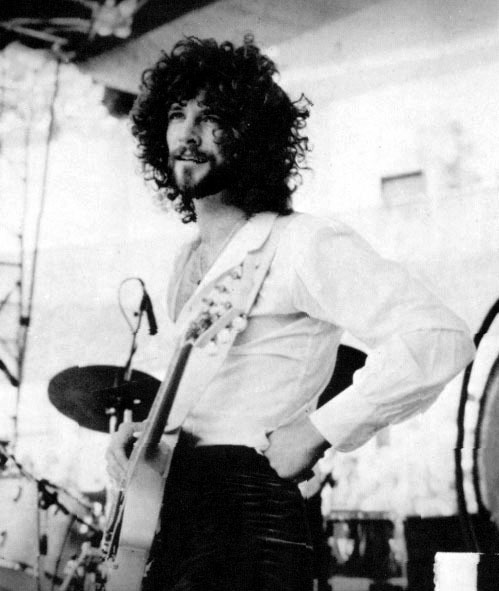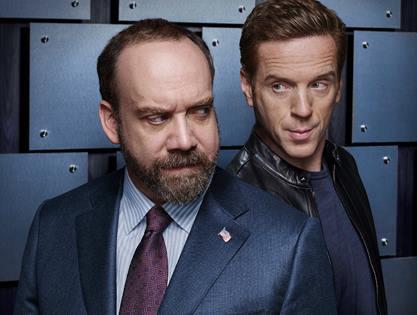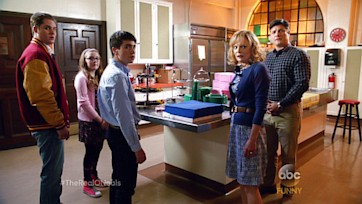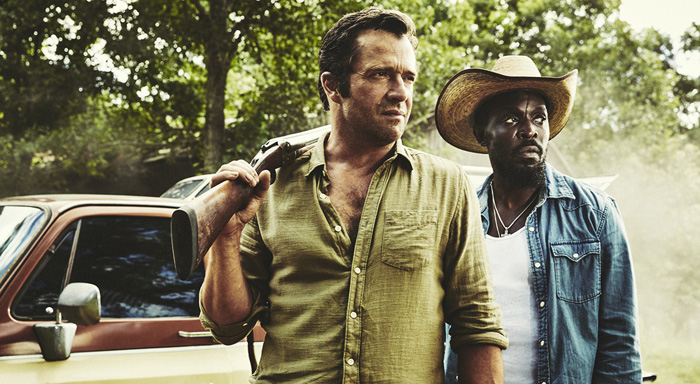ID
Like many movies fans, I knew Illeana Douglas as an offbeat actress who pops up in a lot of interesting movies (and also as Martin Scorsese's girlfriend). So I wasn't expecting much from her memoir I Blame Dennis Hopper: And Other Stories From A Life Lived In And Out Of Movies. I certainly didn't guess it would be so delightful.
She writes with charm and wit, and there's not a chapter that doesn't tell a great story. This is not a book that concentrates on the chronological details of her life--some of my favorite stuff she's done (such as Ghost World) doesn't even get a mention--but instead she describes memorable moments, ones that are often as much about the people she meets as about herself. That's because even though she's been in the business for decades, she's never lost that young girl who loved the movies. She's never become cynical. She still loves what she does.
The first few chapters are the most conventionally autobiographical, and are among the best. We learn of the moment in her childhood when her father saw Easy Rider and decided to drop out of society to become a hippie. And little Illeana, along with her mom and siblings, went from the upper middle class to a world of poverty. Hence the title.
Next we see her as a teenager trying to get into a theatre program, performing a song by her favorite, Liza Minelli, even if that material was beyond her years--and demanding the pianist play it in the "key of Liza." And the days when she was a starving artist, pestering theatre directors with ideas to liven up her small roles. She also had a plan where she'd live in relative splendor with her grandfather, aging legend Melvyn Douglas, who, alas, died in 1981 before that could happen--but she did get to see him work on the set of one of his last films, Being There (he won as Oscar for the role), also meeting Peter Sellers and director Hal Ashby.
She eventually got a job working for publicist Peggy Siegal. This put her in touch with big names in the movie business, though she never imposed on them by mentioning she was an actress--if anything, she liked being treated as a fellow professional and not just another hopeful begging for a job. Then one day, at the last second, someone needed a young woman for a one-line role opposite Shelley Long in Hello Again, and Illeana had her first screen credit. Next, Martin Scorsese, working in the same building as Siegal, needed someone who could scream--he was doing sound work on The Last Temptation Of Christ. One of Douglas's great talents was a bloodcurdling howl, and suddenly she was hooked in with Scorsese.
He went on to cast her in his films, including the ill-fated Lori Davis in Cape Fear, picked up in a bar and killed by Robert De Niro's Max Cady. This was her first major movie role, and a lot of actresses would have wilted one-on-one with the screen's most respected actor, but Douglas knocked it out of the park.
I could mention many more of her stories--making Alive, about people stuck in the Andes after a plane crash, in a shoot that was only slightly less difficult than the story it's based on; meeting Marlon Brando, where she tries not to gush and ends up all but breaking down (and Marlon eats a lot of food); collaborating with director Gus Van Sant to make her character in To Die For come to life (even if at the last second Van Sant gave her a pink outfit in her big skating scene that made her look like cotton candy); playing the lead in Grace Of My Heart, the story of a songwriter who's a lot like Carole King but also a lot like Illeana Douglas; creating and starring in Easy To Assemble, the fictional web series set in an actual IKEA and shot while it was open for business--but really, why ruin it? Check it out yourself. The book is a bit under 300 pages and I wish it were longer.




